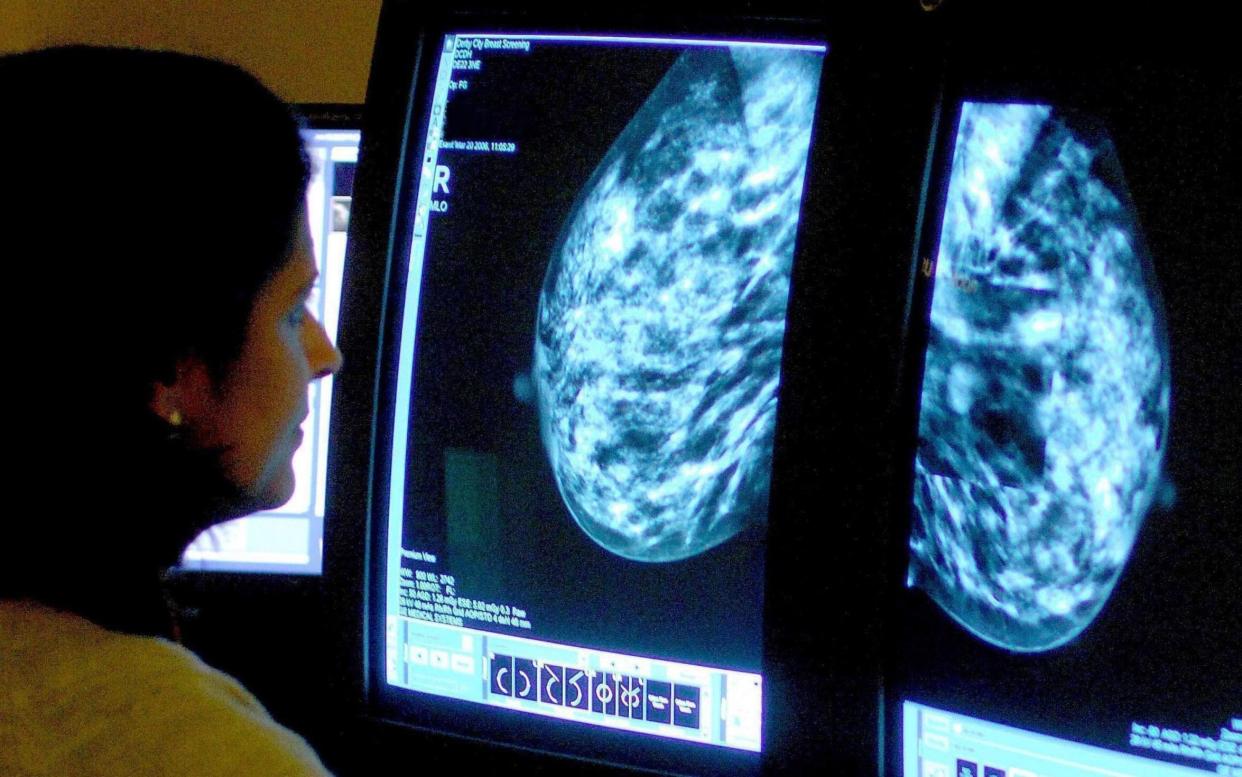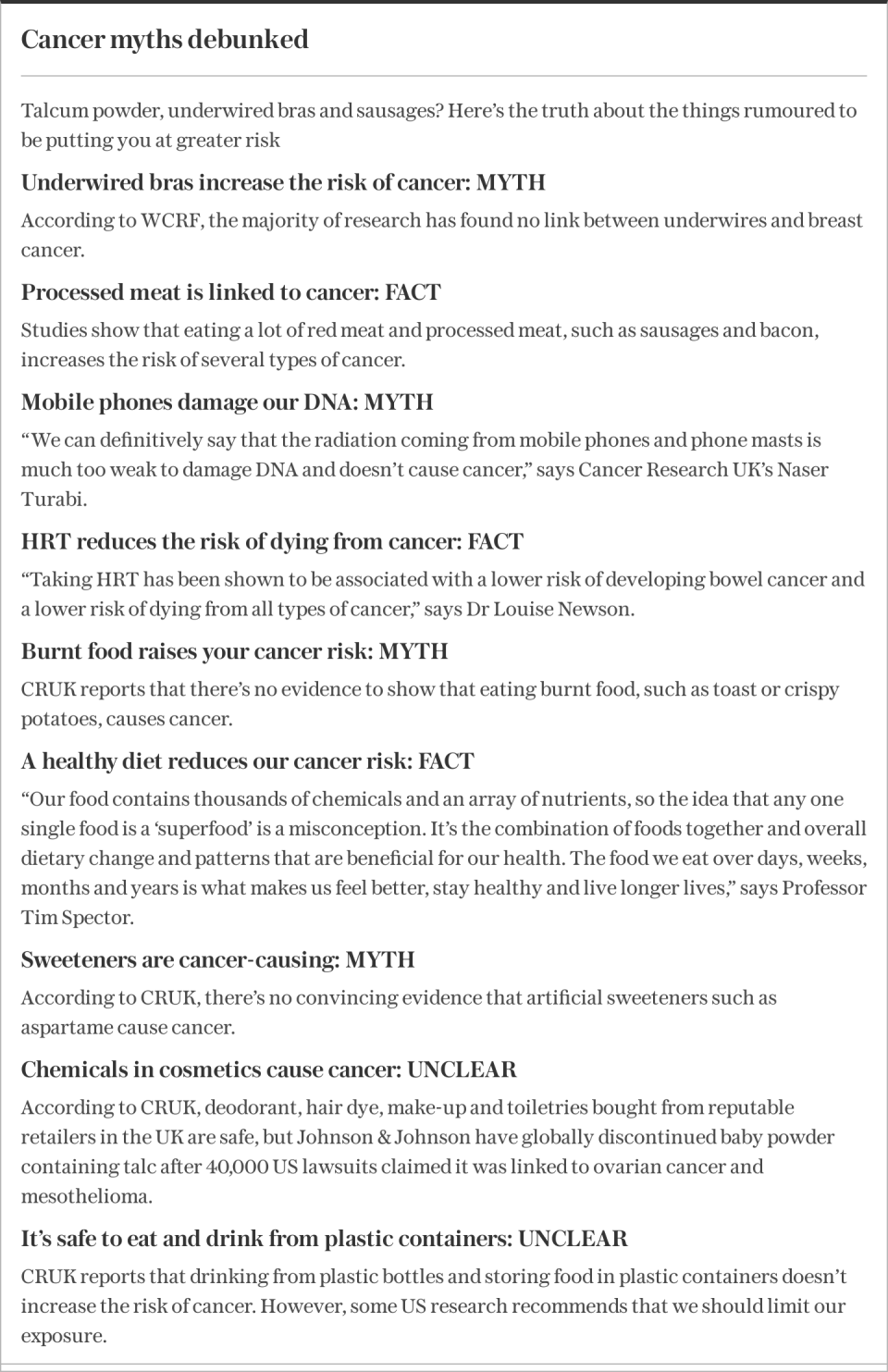Breast cancer cells ‘evade treatment by hibernating’

Breast cancer cells evade treatment by “hibernating”, scientists have discovered, as they search for ways to stop the disease from returning.
Researchers found that cancer cells were switching themselves off when women were receiving a hormone treatment, designed to kill off any remaining traces as a preventative measure, so as to go undetected.
The “sleeping” cancer cells can then “wake up” years, or even decades, later to cause a relapse that is harder to treat.
The scientists at the Institute of Cancer Research (ICR), London, have now uncovered the mechanism by which the hormone therapy could be triggering changes in some cancer cells, causing them to lie dormant instead of dying off.
The researchers believe that targeting a specific enzyme, called G9a, and inhibiting it from acting on the cancer cells, prevented them from becoming dormant and also allowed the treatment to kill cells already hibernating.
Women with oestrogen receptor positive (ER+) breast cancer, which makes up 80 per cent of all breast cancers, usually require a combination of different therapies and surgery tailored to their needs.
The cancer is sensitive to oestrogen, which helps the cancer cells divide and grow.
Women who have had surgery often then undergo hormone therapy for a number of years to kill any remaining cancer cells.
However, this does not work for all women – and researchers wanted to understand why relapses occur.
The findings raise the possibility of new treatment plans to prevent breast cancer returning.
Hope for no return
Prof Luca Magnani, from the ICR, said: “We wanted to better understand why breast cancer does return so we can hopefully find ways to stop it – so people don’t have to live in fear or face the devastating news of a relapse.
“Our research identified a key mechanism used by cancer cells to evade therapy by remaining in a dormant state, hibernating before they ‘wake up’ years later and begin to rapidly divide again.
“I hope our early findings will next lead to research to target these dormant breast cancer cells so that one day, without the need for years of hormone therapy, patients can be sure that their cancer will not return.”

Dr Tayyaba Jiwani, science engagement manager at Cancer Research UK, which funded the research, said: “Our research has made it increasingly clear that cancer cells can lie dormant in the body for many years before being triggered to reawaken, causing cancer to return.
“This study uses an innovative approach to analyse the genetics of these dormant cells and gain important insight into the mechanisms leading to dormancy.”
The research was published in the journal Cancer Discovery.
Recommended
The little-known breast cancer symptoms – and how to reduce your risk

